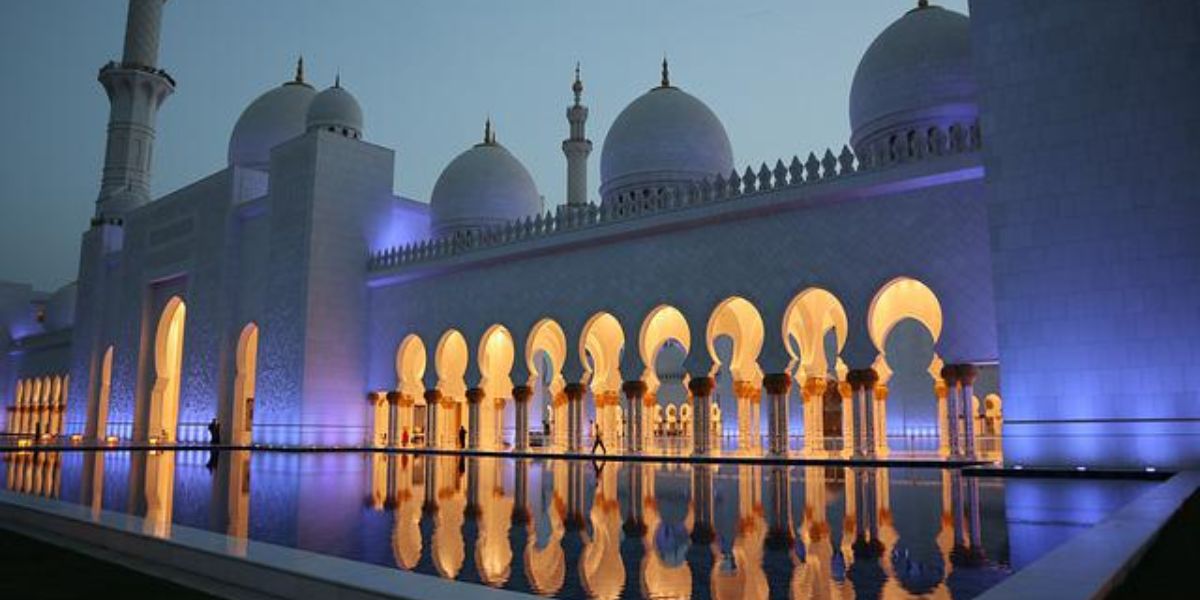From 22 to 24 March 2022 the World Trade Organisation (WTO) conducted a review of the trade policies and practices of the United Arab Emirates (UAE). As a basis for the review, a report was prepared by the WTO Secretariat.
The UAE’s economy contracted by 6.1% in 2020, following the crisis caused by the COVID-19 pandemic. In that year exports of hydrocarbons decreased by 36% as a result of the fall in global demand. Stimulus measures were passed, at the federal and emirate levels, to mitigate the economic impact of the pandemic, and real GDP growth is estimated at 2.1% in 2021.
The UAE has implemented its Vision 2021 National Agenda and in 2020 the long-term development strategy known as UAE Centennial 2071 was launched. These strategies aim to turn the UAE into a knowledge-based economy, increasing productivity and the competitiveness of national companies, and investing in high technology industries.
Among other measures the UAE has introduced legislation to improve the rule of law, modernize the economic environment, and relax ownership restrictions on foreign investment in a range of industrial sectors. There are however still concerns about the lengthy and costly commercial dispute resolution procedures. The Arbitration Law which has been in effect since 2018 is expected to increase confidence in the judicial system and ensure faster resolution of international commercial disputes.
The main objective of trade policy is to diversify the economy towards knowledge-based industries and to facilitate innovation, strengthening competitiveness in external markets and developing international trade relations.
The UAE actively participates in WTO negotiations and considers that development should remain at the core of WTO rules. Also, the UAE is a member of the Gulf Cooperation Council (GCC) and the Pan-Arab Free Trade Area. In September 2021 the UAE announced its intention to pursue comprehensive economic agreements with eight countries, including India, Korea and the UK, relating to trade, foreign direct investment (FDI) and other issues.
The UAE’s strategy to diversify its economy aims to attract foreign investment and consolidate its position as a regional trade and investment hub. Under the revised Commercial Companies Law (CCL), foreign investors may now own up to 100% of companies in the UAE, except in specified strategic activities, and several Emirates have drawn up lists of activities in which 100% foreign ownership is permitted, although the coordination of these lists with the revised CCL is unclear. The revised CCL has also removed the obligation for foreign company branches and representation offices to use a local service agent with 100% UAE ownership.
In 2020 a new UAE Customs Gateway project was launched, which will develop into a national single window. A system of advance rulings on tariff classification, rules of origin or customs valuation is also being developed. In 2016 the pilot of a new UAE Approved Economic Operators (UAEO) scheme began with the aim of reducing clearance times and costs, and by mid-2021 a total of 84 companies had been approved for the UAEO Program.
Following the 2016 GCC agreement on value added tax (VAT), the UAE introduced a VAT of 5% in 2018, and has introduced an excise tax on harmful goods.
In March 2021, the UAE commenced Operation 300bn, which is a ten-year strategy to increase the industrial sector’s contribution to GDP from AED 133 billion to AED 300 billion by 2031. The aim is to create an attractive business environment, develop national industries, stimulate innovation and technology adoption, and promote the UAE as an investment destination.












